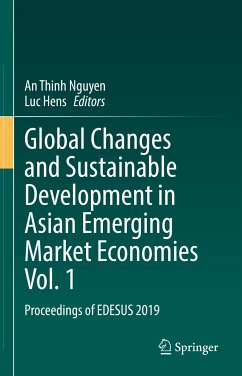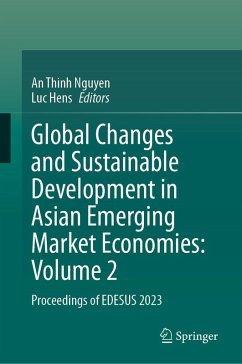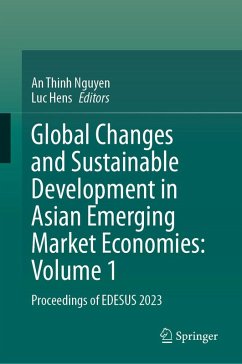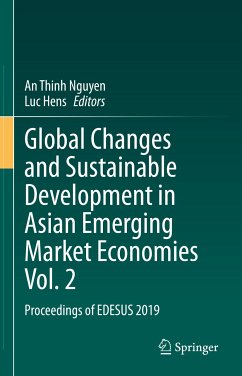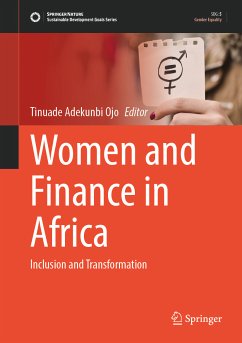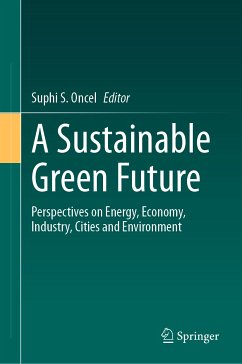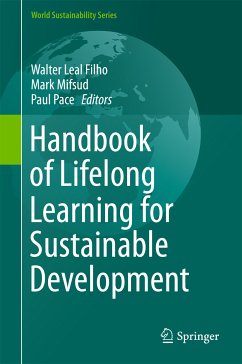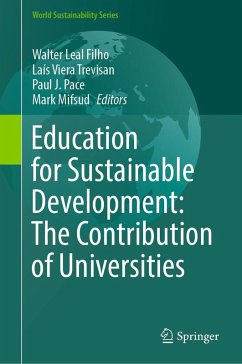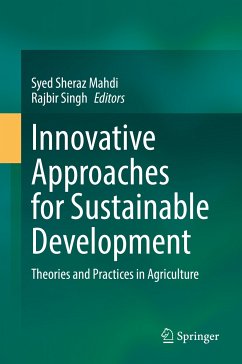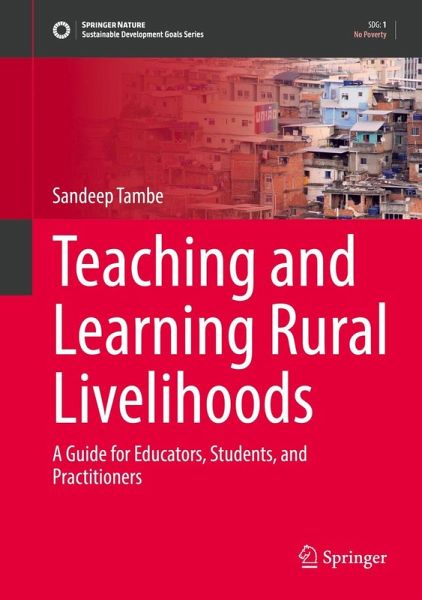
Teaching and Learning Rural Livelihoods (eBook, PDF)
A Guide for Educators, Students, and Practitioners
Versandkostenfrei!
Sofort per Download lieferbar
48,95 €
inkl. MwSt.
Weitere Ausgaben:

PAYBACK Punkte
24 °P sammeln!
This book synthesizes the conceptual and applied aspects of rural livelihoods as a discipline, and collates the analytical frameworks and approaches that have been designed, applied, and discussed over the last five decades. These include the sustainable livelihoods approach with its vulnerability-asset construct, collective governance of common pool resources, livelihood trajectories and poverty dynamics, rights-based approach and social justice, graduation approach for the ultra-poor, and the resilience framework to address complex risks. The book is divided into three parts, namely: introdu...
This book synthesizes the conceptual and applied aspects of rural livelihoods as a discipline, and collates the analytical frameworks and approaches that have been designed, applied, and discussed over the last five decades. These include the sustainable livelihoods approach with its vulnerability-asset construct, collective governance of common pool resources, livelihood trajectories and poverty dynamics, rights-based approach and social justice, graduation approach for the ultra-poor, and the resilience framework to address complex risks. The book is divided into three parts, namely: introduction to rural livelihoods; synthesis of the present state of knowledge; and strengthening the knowledge action pathway. At the end of each chapter, a set of class exercises is provided to bring about a deeper understanding of these approaches and their application in real-life situations.
The expected outputs from penning this textbook are threefold. Firstly, it assimilates the rural livelihood works of eminent academicians under one cover. Secondly, it positions itself as a one-stop destination for educators by translating these concepts into a ready-to-teach applied format. Thirdly, it functions as a ready reckoner for young professionals by providing a step-by-step approach to apply these learnings in real-life situations. The purpose of this book is to provide a solid foundation to the teaching and learning of rural livelihoods in academia, bridge the gap between the science, policy, and practice of rural livelihoods, and finally shape a pool of better informed and equipped professionals in development.
Special thanks to Himanshu Rohira for his contributions and assistance.
The expected outputs from penning this textbook are threefold. Firstly, it assimilates the rural livelihood works of eminent academicians under one cover. Secondly, it positions itself as a one-stop destination for educators by translating these concepts into a ready-to-teach applied format. Thirdly, it functions as a ready reckoner for young professionals by providing a step-by-step approach to apply these learnings in real-life situations. The purpose of this book is to provide a solid foundation to the teaching and learning of rural livelihoods in academia, bridge the gap between the science, policy, and practice of rural livelihoods, and finally shape a pool of better informed and equipped professionals in development.
Special thanks to Himanshu Rohira for his contributions and assistance.
Dieser Download kann aus rechtlichen Gründen nur mit Rechnungsadresse in A, B, BG, CY, CZ, D, DK, EW, E, FIN, F, GR, HR, H, IRL, I, LT, L, LR, M, NL, PL, P, R, S, SLO, SK ausgeliefert werden.



